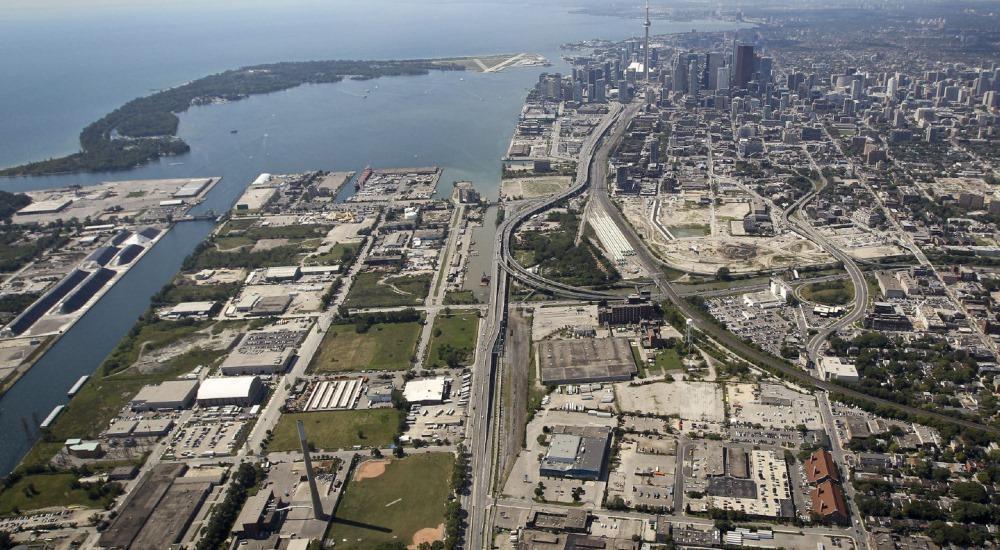A new City of Toronto staff report is now recommending a plan to replace the current, aging fleet of Toronto’s ferry ships with fully electric vessels. The new report is to be considered by the GGLC (General Government and Licensing Committee) on January 14.
The shift to full electrification is supporting the City’s TransformTO Net Zero Strategy as well as the commitment to accelerate climate action in order to achieve net-zero city-wide greenhouse gas emissions by 2040. The initiative aligns with the target of transitioning 20% of the port city fleet to zero emissions by 2025 and 50% by 2030.
The report recommends a plan to replace 4 existing ferryboats over a 15-year period. The initial replacement strategy proposed a hybrid diesel-electric technology.
Fleet's full electrification is estimated to reduce ~2800 tonnes of greenhouse gas emissions per year, which is equivalent to removing ~600 cars from the road annually. In addition, displacing diesel fumes will provide an improved ridership experience for tourists visiting Toronto Island.
Toronto Island Park is served by 4 ferries and 1 heritage ship, which together transport 1.4+ million passengers and 5000+ vehicles per year to Toronto’s biggest park. Although well-maintained, the ships are between 50-100 years old, well beyond the industry's average lifespan for similar vessels.

The report, submitted by City staff in PFR (Parks, Forestry and Recreation), recommends an increase in funding for the construction of support services required to advance the fully electric design for the ships and the shore-side infrastructure. The change will lead to annual savings of up to US$1.1 million, according to the report.
Current estimates for the completed designs range between US$23-25 million per ship. The cost for the fully electric ferries is comparable to hybrid vessels and they'll have increased passenger capacity. Also required will be additional costs for shore-side infrastructure.